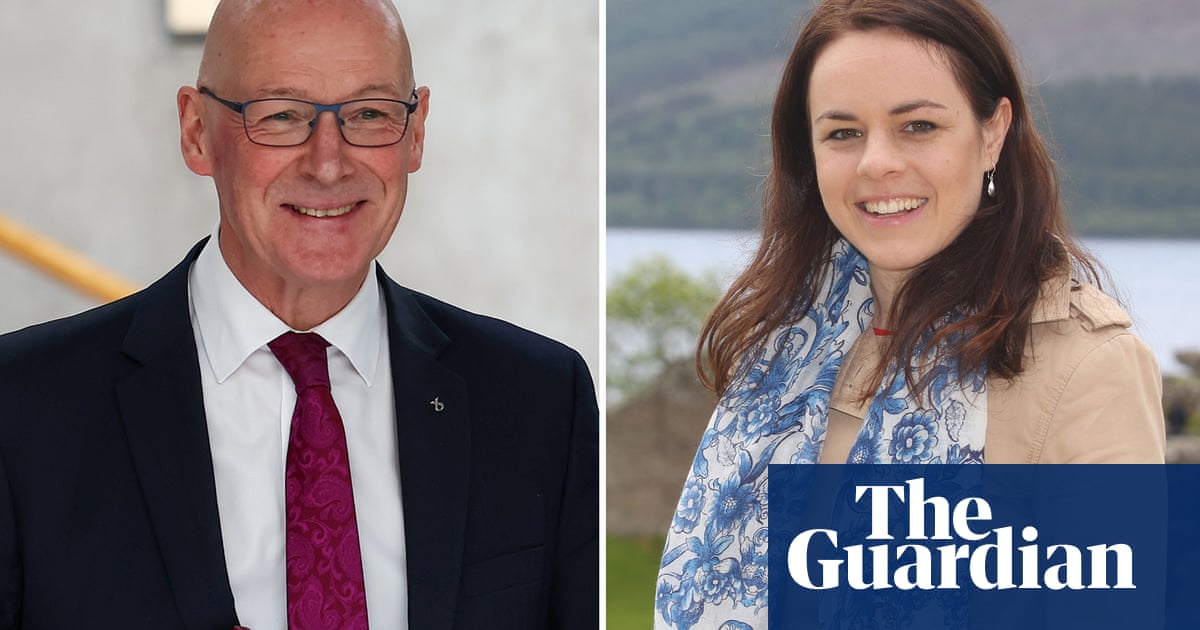
Iraq’s acting Prime Minister Adel Abdul Mahdi said on Monday he was standing down from most of his duties and called for early elections, one day after the man who had been designated to become premier withdrew his candidacy.
The decision by the caretaker PM deepened a power vacuum and further complicated Iraq’s faltering efforts to deal with mass unrest, a reawakening ISIS and a spreading coronavirus infection.
Abdul Mahdi, who was pushed out by protests but had stayed on temporarily, called on parliament to hold early elections on Dec. 4.
His designated successor, Mohammed Allawi, withdrew his candidacy on Sunday, accusing political parties of obstructing him.
Analysts fear ISIS’ extremist militants could exploit the political paralysis of the oil producer’s leadership, which has been unable to agree on a government after months of protests against the ruling elite, reported Reuters.
The search is on for an alternative, but proposing the name of an establishment-backed candidate would spell more trouble.
Protesters who say the elite is corrupt and subservient to neighboring Iran had rejected even Allawi, and vowed on Monday to oppose any replacement lined up by the parties.
“We hope that the President will nominate an acceptable candidate whom everyone on the streets of Iraq can agree on,” said a young man who gave his name as Mu’mmar at Baghdad’s central Tahrir square.
“The Iraqi street is angry. The candidate should not come through the will of parties, the corrupt parties which we want to remove,” he added.
He was standing next to other protesters, some wearing surgical masks to protect against both the coronavirus and the tear gas cannisters frequently launched by security forces.
Struggle for influence
A power vacuum could prove challenging for the region, given that a struggle for influence between the United States and Iran plays out regularly on the streets of Iraq.
Thousands of US troops are stationed in the country in positions not far from those of Iran-allied Shiite militias.
Demonstrators began protests on Oct. 1, demanding the removal of all politicians, free elections and an end to economic mismanagement. Nearly 500 people have been killed in the unrest, with both security forces and unidentified gunmen shooting people dead.
The leaderless movement is an unprecedented challenge to Iraq’s Shiite-dominated and largely Iran-backed ruling elite, which emerged after a US-led invasion toppled Saddam Hussein in 2003.
Allawi had been the man designated to lead Iraq out of the crisis. He was to replace Abdul Mahdi, but quit after majority Shiite and Sunni and Kurdish lawmakers failed to approve his cabinet.
Abdul Mahdi said on Monday he would take “voluntary absence” and not carry out most official duties. He asked for a deputy prime minister or minister to chair cabinet meetings.
According to the constitution, that would put President Barham Salih in charge as acting premier.
Analysts say Iraq’s political parties and allied militias have prolonged the crisis by being unwilling to lose the funds and jobs provided by patronage - unfairness that galvanizes protesters angry about lack of services such as electricity.
“In Iraq the political parties are still governing the country even without formal posts and positions. Allawi’s failure was obvious from the start,” said Renad Mansour, director of the Iraq Initiative at Chatham House.
‘Elite pact’
“The parties have considerable power over and stake in the system. They saw an existential threat and they came together,” he added.
Hisham al-Hashimi, an analyst and expert on extremist groups, said Iraq was struggling to contain the coronavirus outbreak, which was spreading thanks to close ties with Iran, the country with most cases outside China.
“The state can also not deal with the economic crisis and the threat of a return of ISIS,” he said, according to Reuters.
ISIS has started to regroup since the loss of its Mosul stronghold in 2017.
Under the constitution President Salih has 15 days to designate a new candidate but this seems unlikely as parties remain divided on ethnic and sectarian lines.
Several names circulated on Monday with little prospect of success, among them the governor of Basra province, Asaad al-Eidani, who was touted before Allawi and rejected by protesters.
“Allawi was a sideshow and now we are back to where we were,” said Mansour. “He tried to go against parties and proved the parties call the shots, the next person will be someone the parties would want.”
Analysts said the constitution is undermined as parties continue to miss deadlines and ignore its provisions.
“The system is an elite pact of political parties making backroom deals,” said Mansour, adding the parties “don’t mind working outside of constitution, it is there to make things look nice. But if it goes against their interest, they have proven time and time again it’s just piece of paper.”












